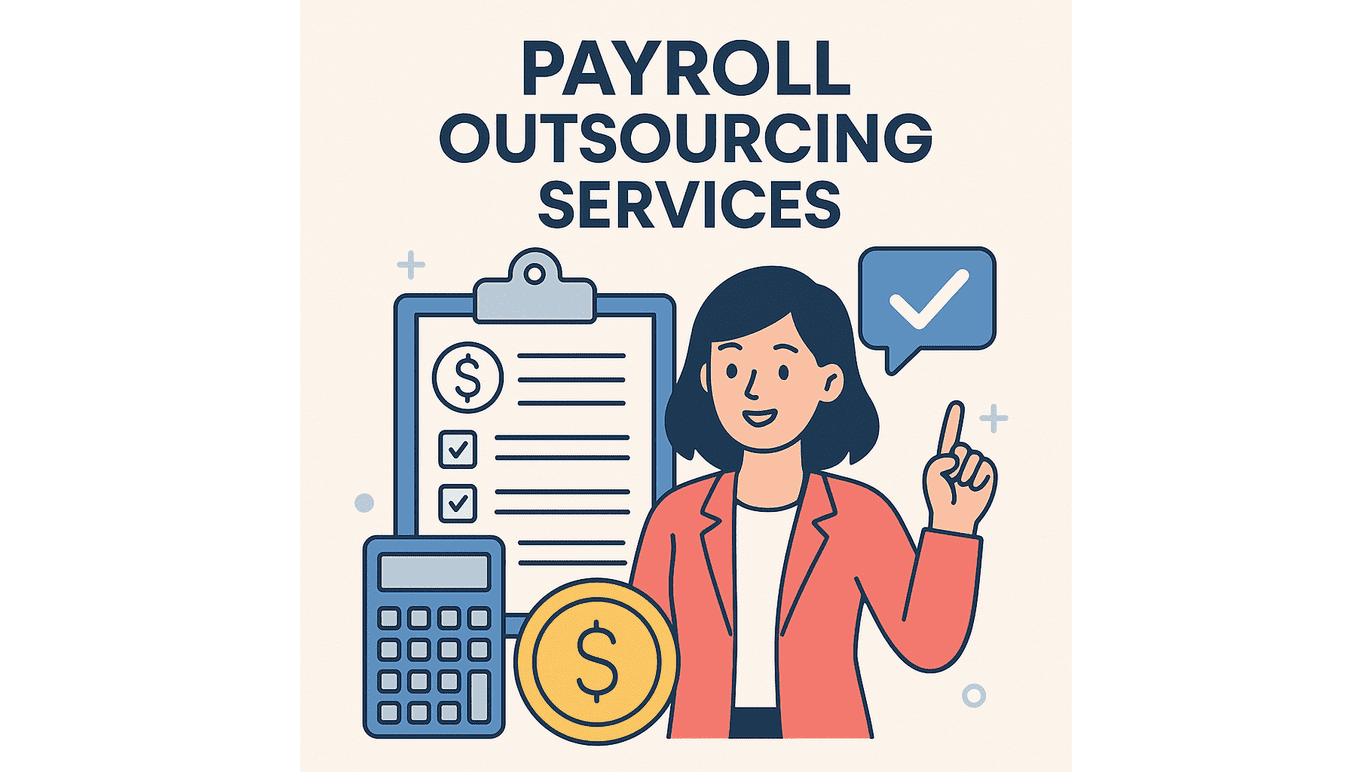
In today’s dynamic business landscape, entrepreneurs often face the critical decision of choosing the right business structure. Among the various options available, registering a private limited company stands out as a popular choice for many startups and established businesses. In this blog, we will explore the numerous benefits of company registration as a private limited company and why it may be the ideal structure for your business.
What is a Private Limited Company?
A private limited company (PLC) is a type of business entity that limits the liability of its owners, known as shareholders. This means that shareholders are only liable for the company’s debts up to the amount they have invested. The shares of a private limited company cannot be traded publicly, making it a preferred choice for many entrepreneurs who wish to maintain control over their business.
1. Limited Liability Protection
One of the most significant advantages of registering a private limited company is limited liability protection. This means that personal assets of the shareholders are protected in case the company faces financial difficulties or bankruptcy. In other business structures, such as sole proprietorships or partnerships, owners are personally liable for the business debts. By opting for company registration as a private limited company, you safeguard your personal assets from business liabilities.
2. Enhanced Credibility and Trust
When you register a private limited company, it enhances your business’s credibility. Customers, suppliers, and potential investors are more likely to trust a registered entity over an unregistered one. A PLC demonstrates a level of professionalism and commitment, which can lead to increased business opportunities. This credibility can also help in securing contracts and partnerships, which are essential for growth and sustainability.
3. Access to Funding
Registered private limited companies have better access to funding opportunities compared to unregistered businesses. Banks and financial institutions are often more willing to lend to a private limited company, as they perceive it to be a lower risk. Additionally, private limited companies can attract investors by issuing shares. This ability to raise capital is crucial for scaling operations and expanding your business.
4. Flexible Ownership Structure
A private limited company allows for a flexible ownership structure. The shareholders can transfer their shares to other individuals, which facilitates business succession and the transfer of ownership. This flexibility makes it easier to bring in new investors or partners and can enhance the overall growth potential of the business.
5. Tax Advantages
Company registration as a private limited company can offer various tax advantages. Private limited companies typically enjoy lower tax rates compared to individuals running sole proprietorships. Additionally, certain expenses incurred in running the business can be claimed as tax deductions, further reducing the overall tax liability. Moreover, retained earnings can be reinvested into the business, allowing for tax-efficient growth.
6. Perpetual Succession
Another important benefit of registering a private limited company is perpetual succession. This means that the company continues to exist even if the ownership or management changes. Unlike sole proprietorships, where the business ceases to exist upon the owner’s death or exit, a private limited company can carry on its operations independently. This stability is attractive to investors and employees alike, as it assures them of the company’s longevity.
7. Separation of Ownership and Management
In a private limited company, there is a clear distinction between ownership and management. Shareholders own the company, while directors or managers handle the daily operations. This separation allows for professional management of the business, which can lead to improved decision-making and efficiency. It also enables shareholders to focus on their investment while leaving operational matters to qualified professionals.
8. Compliance and Governance
While registering a private limited company requires adherence to certain compliance and governance requirements, these can also be viewed as benefits. A regulated environment encourages accountability and transparency, which can enhance stakeholder confidence. Shareholders and directors are required to maintain accurate financial records, conduct annual meetings, and file necessary documentation, fostering a culture of good governance.
Conclusion
In summary, the benefits of registering a private limited company are manifold. From limited liability protection and enhanced credibility to better access to funding and tax advantages, a private limited company structure can provide the stability and growth potential that many entrepreneurs seek. If you are considering company registration, evaluating the advantages of a private limited company can help you make an informed decision that aligns with your business goals.
Whether you are starting a new venture or looking to formalize an existing business, understanding the benefits of registering a private limited company is crucial. Embrace the opportunities that come with this business structure and take the first step toward a secure and prosperous future for your business.







